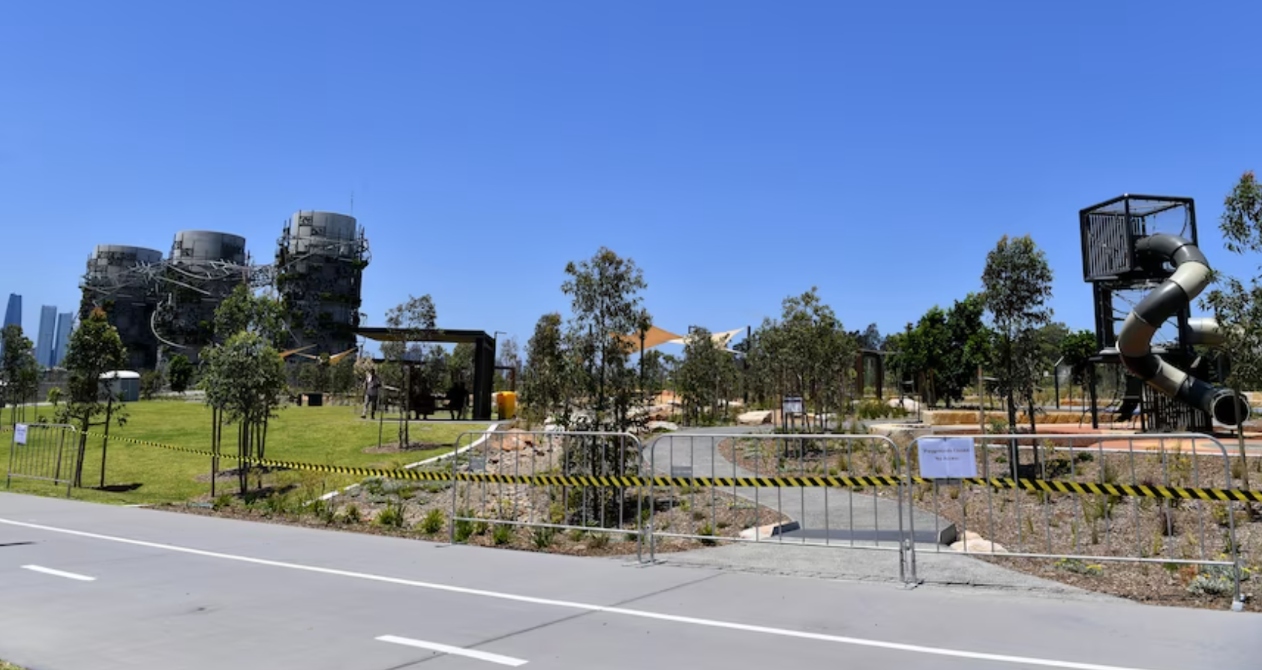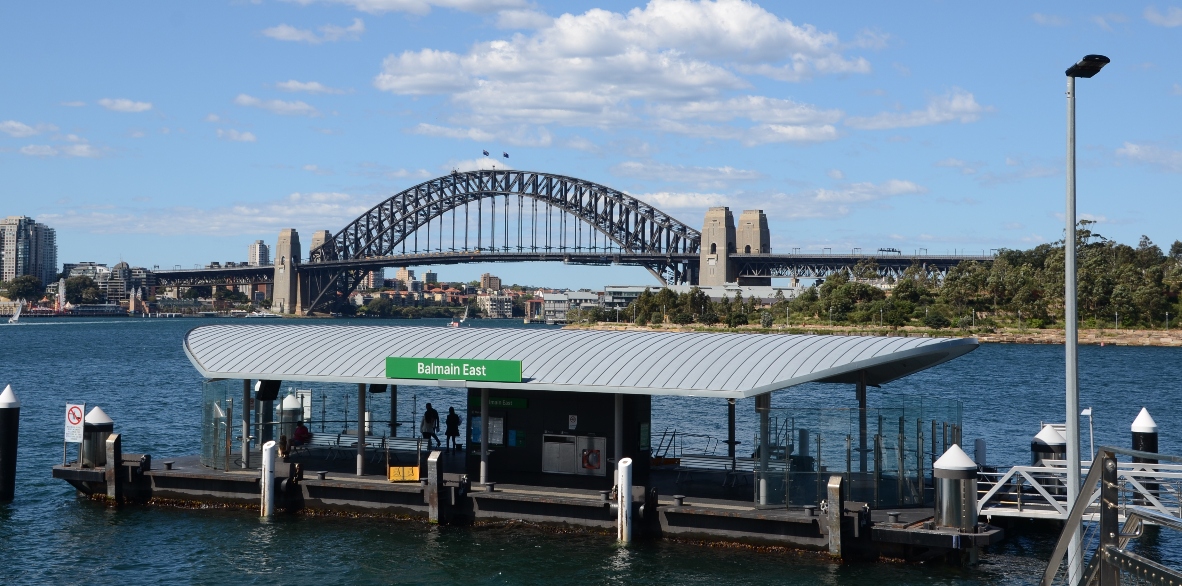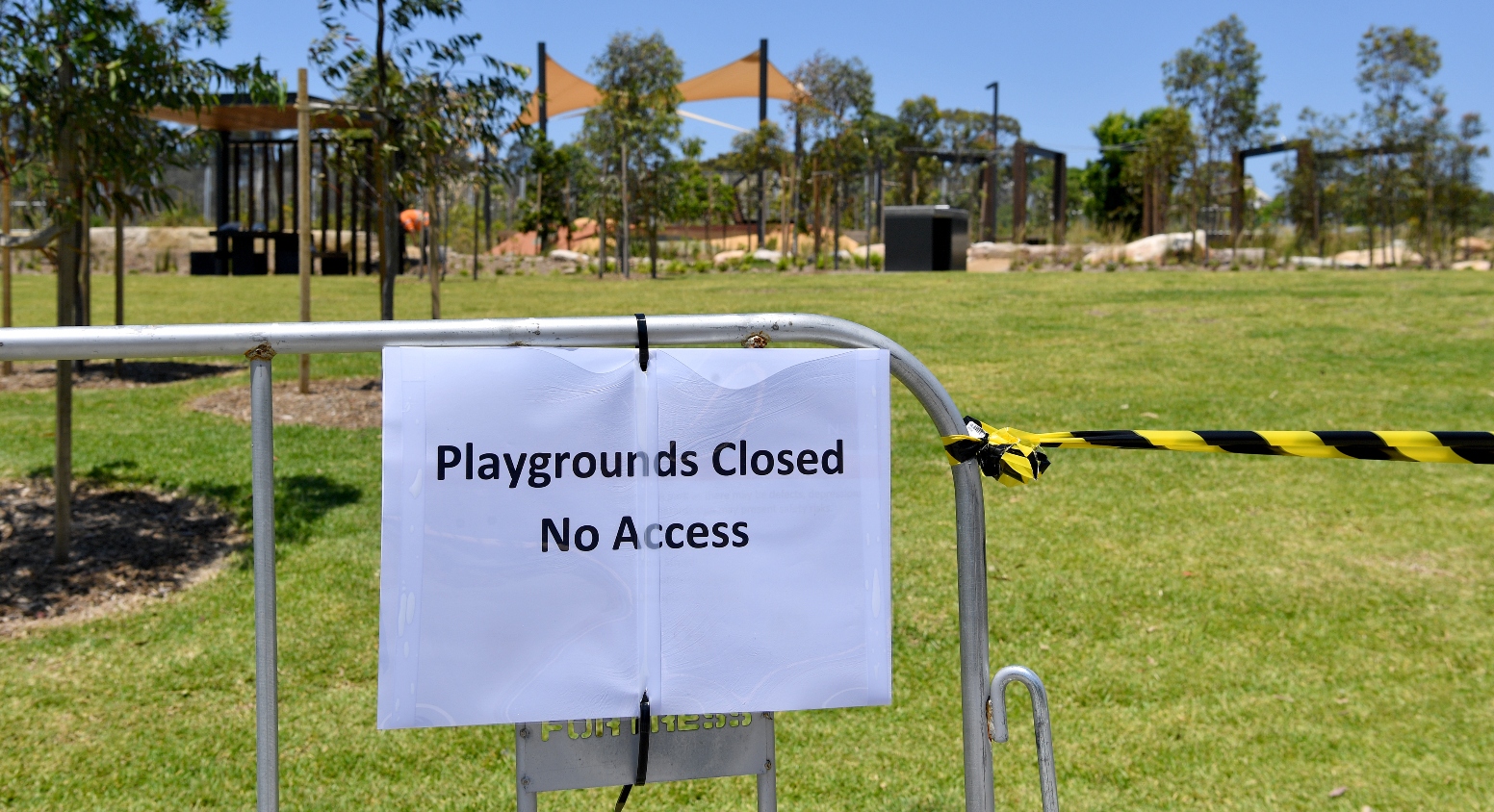
How not to waste your waste: pop-up repair stores
BY GEORGIA CLARK
Consumerism has become more like a religion than a pastime. It only takes a stroll in Sydney’s inner west to see that we’re disposing of useful items at an astronomical rate – 50 million tonnes of waste per year to be exact.
With scientists estimating that our landfill will one day have us on the verge of a nuclear meltdown, our generation must start looking at more sustainable solutions.
A movement championing the repairing and reusing of household items is gaining traction in Sydney. The Bower Repair and Reuse Centre, Marrickville could stop the impending landfill doom in its tracks. Annette Mayne of the Centre is a strong believer in grassroots recycling.
“You only have to drive around and see the amount of bulky waste collection items to realise we have become such a disposable society. We don’t really think about what we’re keeping or throwing away, or whether something that we had for a long time could continue its life with a bit of repair,” she said.
According to Ms. Mayne the centre has gained significant traction over the past few years, with people from all walks of life bringing in broken toasters, kettles, computers and even furniture for repairs. Now these pop-up repair centres are trending across Sydney.
According to Helen McCaffrey, Mayor of Canada Bay Council, waste management has many hidden benefits.
“There’s been a big turn-around in people wanting to reuse and fix things. We’re living in a throw-away society, we’re all consuming and disposing and we cannot continue to do it. We’re depleting resources, and waste management is really expensivet.”
Dr Ulku Yuksel from the University of Sydney recently conducted research into extending the life of products to reduce growing waste, with a focus on the effect of product warranties. Dr Yuksel says that the average NSW household generated 23.6 kg of waste a week, with a recycling rate of less than 50%, and that many people claimed recycling was not convenient enough.
“According to a study 25% of the people say they cannot easily access a recycling bin, while 10% blame it on physical costs and efforts it involves.
“While these people find recycling is time-consuming, others say they forget to recycle despite having the intention. This makes it apparent that people need to be provided with some inspiration as to why they should recycle,” said Dr Yuksel.
While Dr Yuksel said the failure to recycle and repair often comes down to mindset, and one of the decisive factors is the expense of doing so.
“Clearly, pop-up repair centres would help solve growing waste levels. Yet, an important issue here is the price of repairs. Repairing should not be very costly as this motivates to straight new-buy,” she said.
Ms Mayne says that attitudes towards disposability and the production of waste are largely generational.
“Somewhere along the way we lost that art of repair. With the rise of easy manufacturing, we’ve fallen into a false sense of security that it’s easier to replace something than to fix it. One day surely we’ll run out of landfill and then what?” she said.
Repairing and reusing items doesn’t only have benefits for the environment and future generations, but can also create a great deal of joy for the recycler, says Ms Mayne.
“If you’re already struggling feeling you’ve got a lot of stuff, how about finding joy or satisfaction in rehoming rather than going out to buy more.Why not sell it? There’s loads of ways to make money,” she said.









